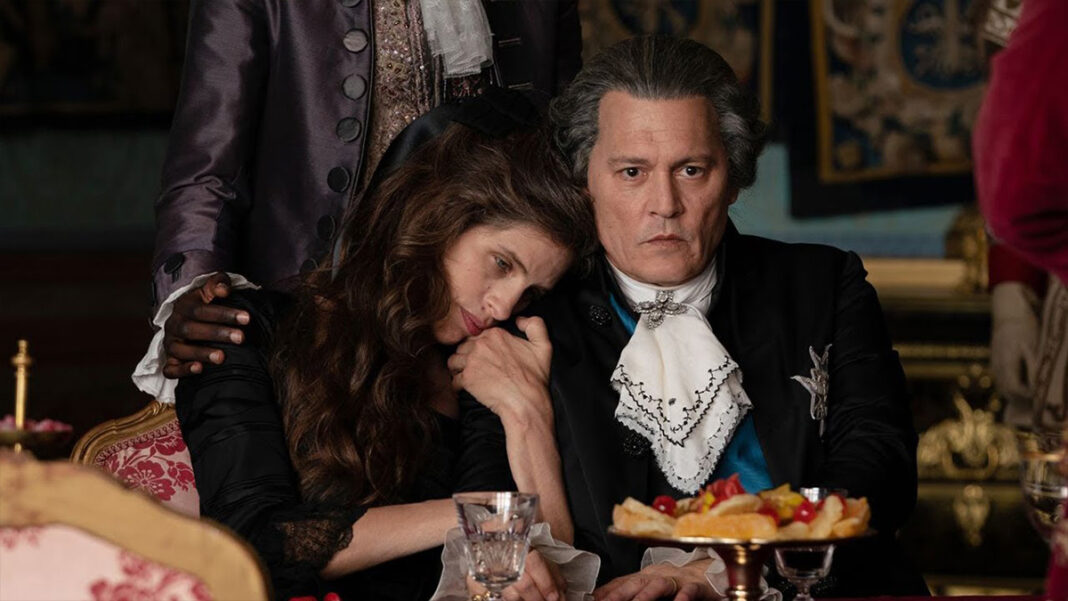Jeanne du Barry: the scaffold!Maïwenn makes her grand return to French cinema with a daring work. By stepping into the shoes of this French libertine who brought joy to Louis XV and returning to Versailles following in the footsteps of Sofia Coppola, the director of “Polisse” took risks. However, by entrusting one of the lead roles to Johnny Depp, who had recently been involved in a #MeToo case, and by avoiding kid gloves in addressing several “controversial” subjects, the director faced sharp criticism from the international press, even the biggest names are not exempt.
Jeanne du Barry: the scaffold!
The film’s plot tells the story of Jeanne du Barry, who climbed the social ladder during the reign of Louis XV, going from her status as a prostitute to becoming the king’s favorite. The criticism simply lambasted Johnny Depp, accusing him of being “too tired” or “stoned” to play the role. In reality, it seems that this nonchalance was intentional. Yes, in the dialogues and situations, Louis XV appears “lost” amidst the formalities of Versailles. Is this lack of energy part of the act? The #MeToo case involving the lead actor greatly contributed to his condemnation by the press, which is regrettable. It is worth reminding journalists that only a judge or a court has the authority to condemn a man or a woman. The #MeToo revolution is essential for our society’s progress towards gender equality; let’s not caricature feminism and cinema.
However, the daughters of Louis XV are somewhat caricatured. As noted by an English journalist, they resemble the stepsisters from “Cinderella.” Is this deliberate? To add a fairy tale touch to the story of Jeanne du Barry? It’s hard to say. Regarding the introduction of a servant from a diverse background, a certain Zamor, this also stirred controversy. Maïwenn is being criticized on the scaffold of the BlackLivesMatter revolution this time. Even though the film opened the Cannes Film Festival, it provides more reasons for journalists to light the bonfire of vanities.
“Jeanne Du Barry” is far from being Maïwenn’s best film. The director wanted to shed light on a female character in a century that despised them. Due to the issues surrounding the film and a few details, Maïwenn faced severe criticism from the international press. What is genuinely reprehensible is that this press needs to answer a question: was the film hated, or were the circumstances surrounding it the cause? Even though we should be committed to feminism, let’s leave judgments to the courts and public opinion!


